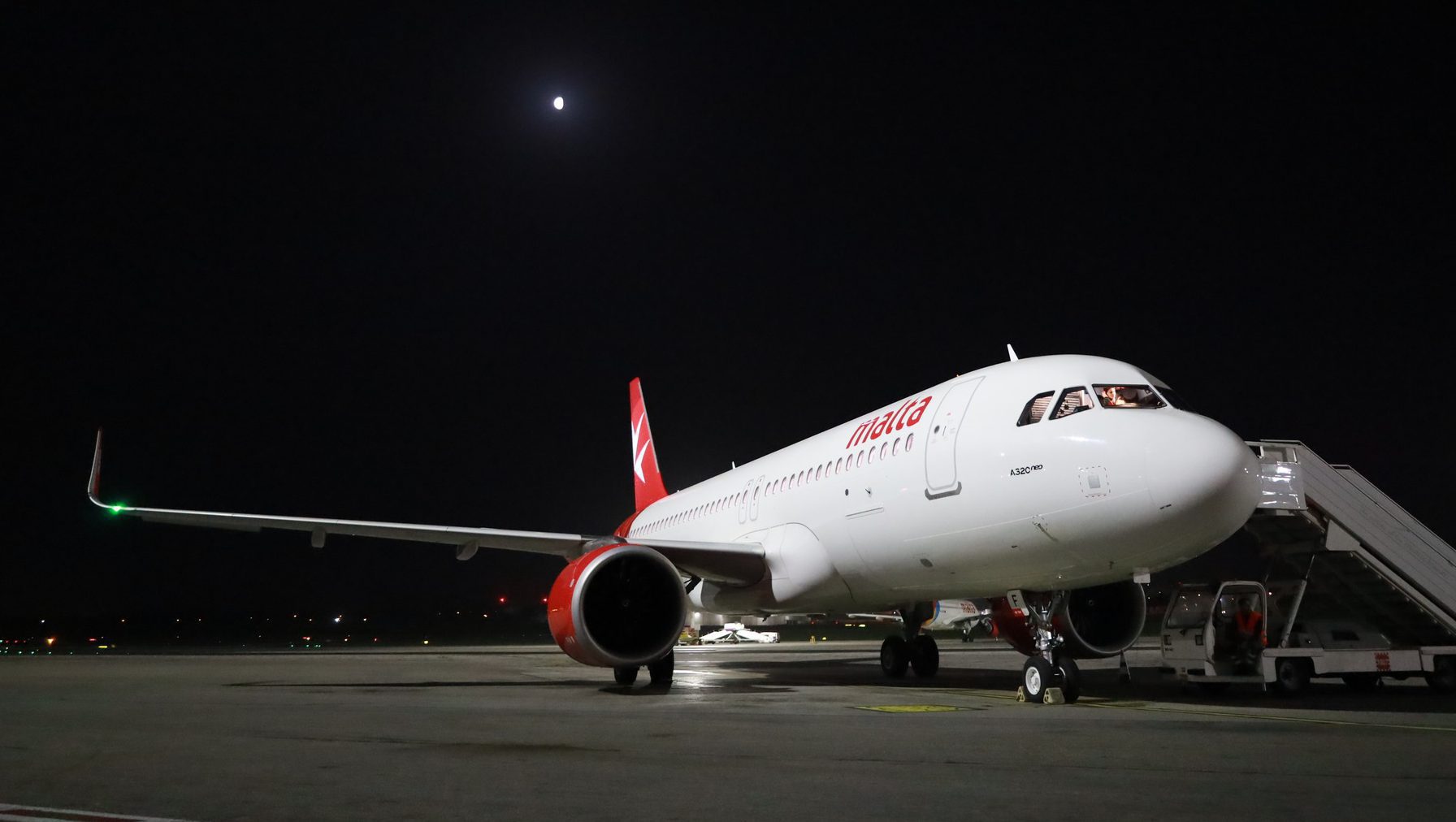The number of tertiary-level graduates in 2020 dropped by five per cent over the previous year, according to figures released by the National Statistics Office (NSO).
In all, 4,629 graduated last year, the NSO said on Wednesday.
The largest share of tertiary graduates (55.5 per cent) attained a Bachelor’s degree (ISCED level six), while 35.8 per cent read for a Master’s degree (ISCED level 7).
More than half – 56 per cent – were women, while the absolute majority – 61.1 per cent – were aged between 20 and 24.
Business, administration and law were the most common areas of study, accounting for more than one-third of the total.
The figures will no doubt be of concern to businesses already having to deal with a skilled-labour shortage.
According to the EY Malta Attractiveness Survey that was published in October, only 31 per cent of businesses are managing to find workers with the skills they need, down from 38 per cent in 2020.
And the issue is further exacerbated by the fact that, according to the same survey, 60 per cent of young people in Malta would rather live and work in another European country.
Annual STI testing for non-EU massage therapists amounted to ‘slander,’ admit health authorities
Health authorities kept quiet about changes to the legal provisions
KM Malta Airlines announces extra flights and special fares for MEP and local council elections
To qualify for special fares, all travel needs to take place into and out of the same city
European Parliament adopts regulation making it easier for companies to be paid on time
The maximum credit term under the new Late Payment Regulation is to up to 120 days, for some sectors






